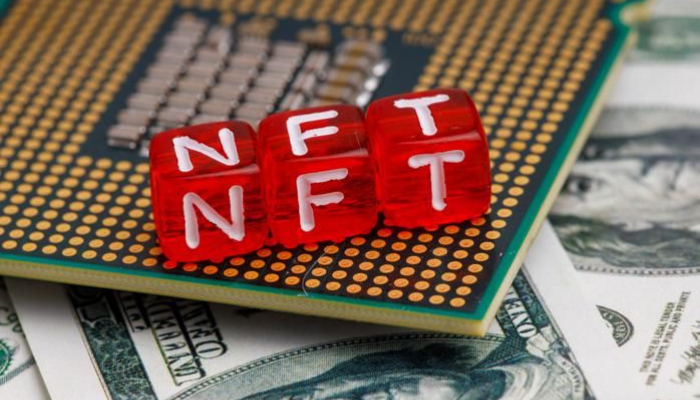
or

While we deal with the new world of Artificial Intelligence, Machine Learning, there are also transactional innovations that are expected to be embedded to our future lives with technological innovations like Blockchain, Cryptocurrency and NFT which have some presently visible legal issues and are also presently subjected to legal cases. Let us venture on these concepts, legal issues and legal cases in public domain to understand the future world we are heading towards in terms of business and legality involved for being ready to deal with the problems in a preplanned manner and strategically while addressing the issues as legal counsels.
Blockchain is a technology for record an information in such a manner that makes it difficult or impossible to alter, hack, or cheat the system (data can neither be changed nor deleted). A blockchain is basically a digital ledger of transactions that is duplicated and distributed across the entire network of computer systems on the blockchain which may be located in different territories.
A cryptocurrency, crypto-currency, or crypto is a digital currency which is designed to function as a medium of exchange through a computer network that is not dependent on any central authority, such as a government or bank, to uphold or maintain it.
Mr. Zameer Nathani holds a Master’s Degree in Law and Certifications from World Intellectual Property Office Academy, UN. Mr. Nathani started his career with a law firm and has managed legal assignments for clients like Eureka Forbes, LG Electronics, Thermo Electron (India), Forbes Aquatech (India), FirstNaukri.com, Thompson Multimedia, Concord Shipping, Forbes Abans, Hansen Engineering (US), Dometic AB (Sweden), Johnson and Johnson, JohnsonDiversey (India), Atlantic Lubricants, ISPAT Industries, Indian Red Cross Society, TCL India, and Ginger Hotels etc. Mr. Nathani was part of Reliance – Anil Dhirubhai Ambani Group as Associate Vice President – Legal, heading legal department for all the digital businesses under Reliance Entertainment
Mona Mody is currently working as Assistant Manager Legal at for UFO Moviez India Limited. Prior to this she has worked with organisations like Next Orbit Ventures Fund, Nilkamal & JP Infra. She had done her LLB from Mumbai University and also a qualified Company Secretary by ICSI.

Lex Witness Bureau

Lex Witness Bureau

For over 10 years, since its inception in 2009 as a monthly, Lex Witness has become India’s most credible platform for the legal luminaries to opine, comment and share their views. more...
Connect Us:


The Grand Masters - A Corporate Counsel Legal Best Practices Summit Series
www.grandmasters.in | 8 Years & Counting
The Real Estate & Construction Legal Summit
www.rcls.in | 8 Years & Counting
The Information Technology Legal Summit
www.itlegalsummit.com | 8 Years & Counting
The Banking & Finance Legal Summit
www.bfls.in | 8 Years & Counting
The Media, Advertising and Entertainment Legal Summit
www.maels.in | 8 Years & Counting
The Pharma Legal & Compliance Summit
www.plcs.co.in | 8 Years & Counting
We at Lex Witness strategically assist firms in reaching out to the relevant audience sets through various knowledge sharing initiatives. Here are some more info decks for you to know us better.
Copyright © 2020 Lex Witness - India's 1st Magazine on Legal & Corporate Affairs Rights of Admission Reserved